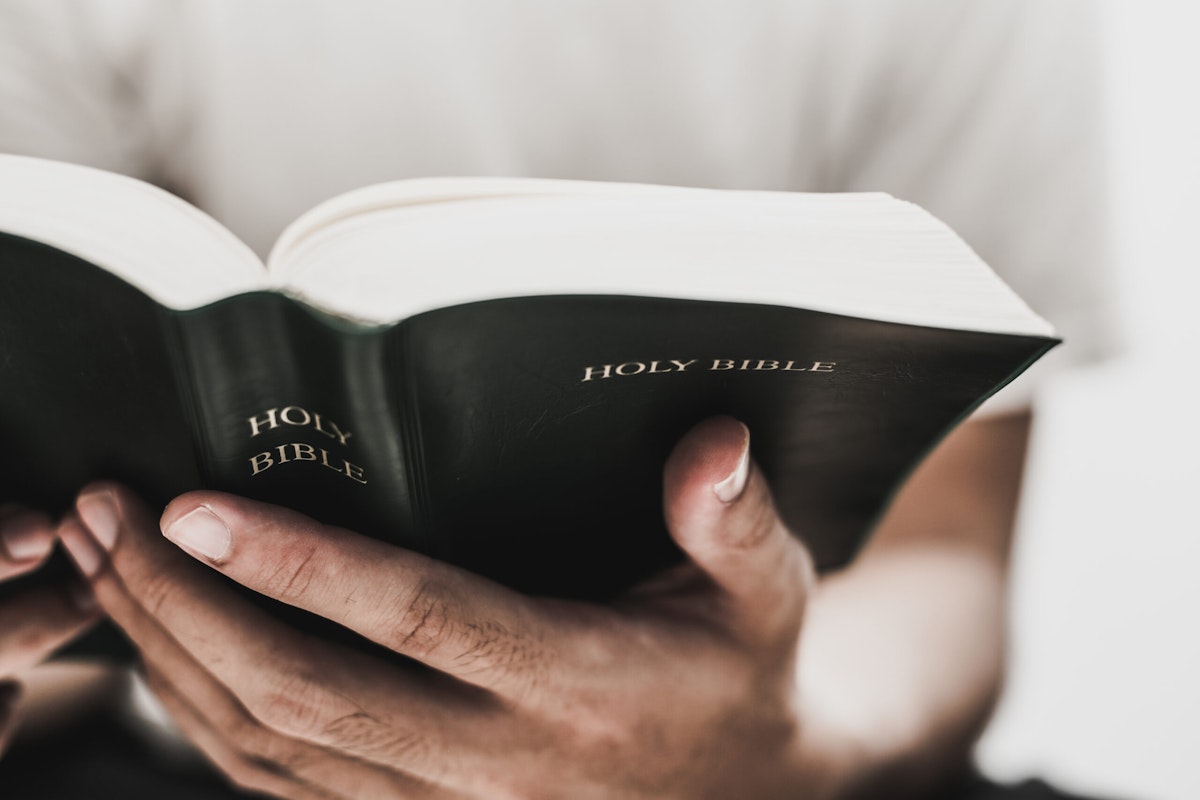
A criminal case against street preacher John Dunn was tossed from the British court system after two women in a same-sex marriage accused the Christian of hate speech.
Dunn, a veteran of the British Army’s Special Forces and a throat cancer survivor, regularly preaches in the town square of Swindon, according to a press release from Christian Legal Centre, which represented him throughout the legal proceedings. Dunn, who often discusses biblical doctrine related to sexuality as described in Genesis 1, told two women holding hands that he hoped they were “sisters.” After the women responded that they were in a same-sex marriage, Dunn said that “homosexuals will not inherit the kingdom of God,” which is a direct quote from 1 Corinthians 6.
The women subsequently reported the preacher to law enforcement. Prosecutors contended that Dunn was guilty of hate speech because he had “offended” and “upset” a member of the public. The case was dismissed after the two women who accused Dunn failed to appear in court, even though a police officer reportedly visited their home and encouraged them to attend the hearing scheduled for November 13.
“When I preach, I only ever say what is in the Bible. When they told me they were in a same-sex marriage, I was concerned for them,” Dunn said in a statement provided to Christian Legal Centre after the dismissal. “I had to communicate the consequences of their actions based on what the Bible says. I wanted to warn them, not out of condemnation, but out of love. I wanted to them to know that there is forgiveness through the love of Jesus.”
The women accused Dunn of shouting that they would “burn in hell,” even though Dunn lost his voice box during his battle with cancer.
Prosecutors had argued that certain biblical doctrines “are simply no longer appropriate in modern society and which would be deemed offensive if stated in public.” Martin Parsons, a Christian theologian who provided expert evidence in response to the prosecutors’ assertions, noted that the public reading of Scripture during the Reformation was among the first steps toward broader freedom of religion in Britain. The words of the Old and New Testaments still hold an important place in British public life, including the coronation and funeral of recently deceased Queen Elizabeth II.
“The Bible has had a unique status within British constitutional history,” Parsons observed. “The suggestion by the crown that there are parts of the Bible ‘which are simply no longer appropriate in modern society and which would be deemed offensive if stated in public,’ is one that if accepted would have significant constitutional implications.”
Dunn remarked that he intends to continue street preaching. He is regularly joined by Shaun O’Sullivan, a former drug dealer who was converted under his ministry.
Several countries in Europe have made international headlines for penalizing citizens publicly espousing historic Christian teachings on matters such as homosexuality and transgenderism. Päivi Räsänen, a member of the Finnish Parliament, faced multiple criminal charges earlier this year after she posted a screenshot of a Bible verse depicting pride as a sin.
Tobias Riemenschneider, a pastor in Frankfurt, Germany, recently contended in the Frankfurt Declaration of Christian and Civil Liberties that Western nations’ descent into totalitarianism encroaches upon individual liberties, particularly with respect to worship and religion. “God has delegated authority to civil governments for the purpose of rewarding good and punishing evil, and to protect the God-given rights and freedoms granted to all people,” the statement reads.

